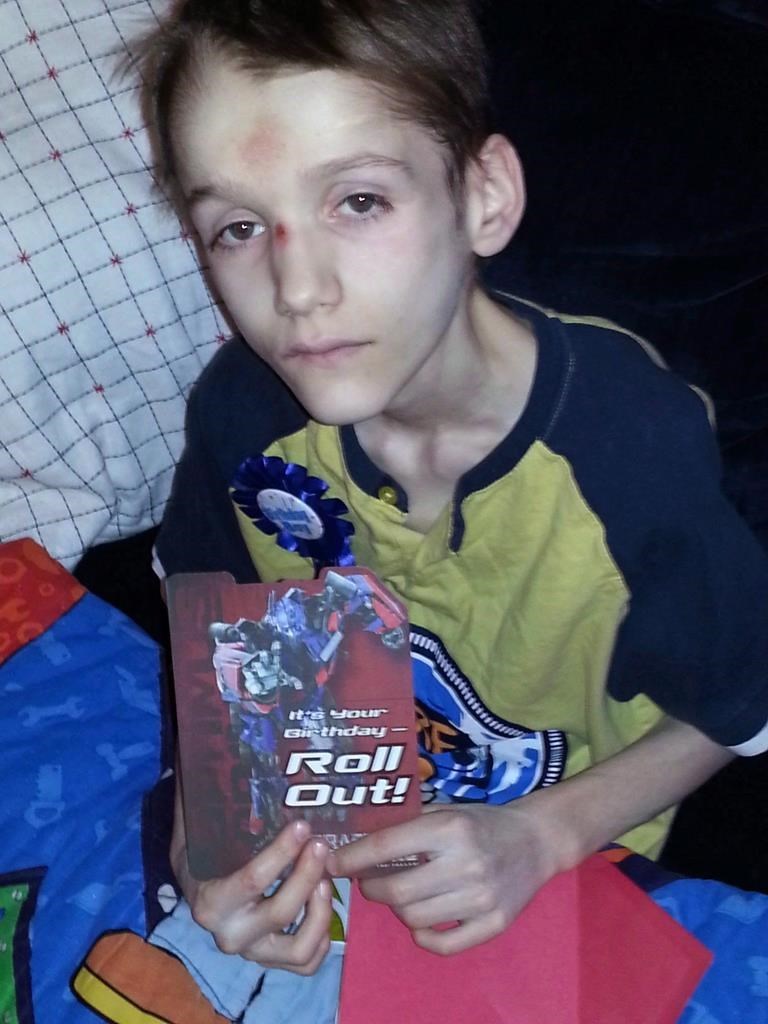CALGARY — An Alberta judge looking into the death of a Calgary teen who weighed 37 pounds when he died has suggested the inquiry might have to be expanded to include witnesses from British Columbia.
Alexandru Radita, 15, died in May 2013 of bacterial sepsis brought on by complications due to untreated diabetes and starvation.
His parents, who had moved from B.C. to Alberta, were found guilty in 2017 of first-degree murder.
Witnesses testified that Emil and Rodica Radita refused to accept their son had diabetes when he was diagnosed in B.C. in 2000 and refused to treat him. Alex was twice hospitalized while suffering from severe malnutrition.
He was placed in foster care before he was returned to his parents. Although B.C. child-welfare officials were watching the Raditas, they lost track when the family moved to Alberta in 2008.
Provincial court Judge Sharon Van de Veen is attempting to determine what could have been done to save the teen's life and prevent similar cases in the future.
But she expressed concern Thursday about the inquiry, which only involves witnesses from Alberta.
"I need you to consider the potential for us to call B.C. witnesses and what would the implications of that be?" Van de Veen asked the inquiry lawyer.
"I know we'd have to adjourn the inquiry to do it. But one of the things that's obvious to me is the connectedness between the two provinces could have made a difference," she said.
Van de Veen said since government officials were involved throughout the teen's life, it's important to get all of the details.
"How do we do that? What has been accomplished is something I can hear from Alberta about right now, but I'm not sure they know everything B.C. has done," she said.
"The collaboration between provinces, it seems to me, should at least be explored in this inquiry and it may form part of the recommendations."
A fatality inquiry may recommend ways to prevent similar deaths, but cannot make any findings of legal responsibility.
An official with Alberta Children's Services said there is an interprovincial agreement in which officials would be alerted if a child, who is in care in another province, relocates.
But associate statutory director Belinda St. Amand told the court that because the B.C. file on Alex was closed, Alberta was not notified.
"We were never informed or received a phone call from anyone regarding this child or family. No calls were made to Alberta," said St. Amand.
"If B.C. had a closed file, then their Ministry of Child and Family Development would not be obligated to phone Alberta unless they believed that the child was still in need of intervention."
"It's fair to say if Alberta had been called (by the B.C. department or the boy's social worker), this child would have been seen," St. Amand said.
This report by The Canadian Press was first published Sept. 22, 2022.
Bill Graveland, The Canadian Press



